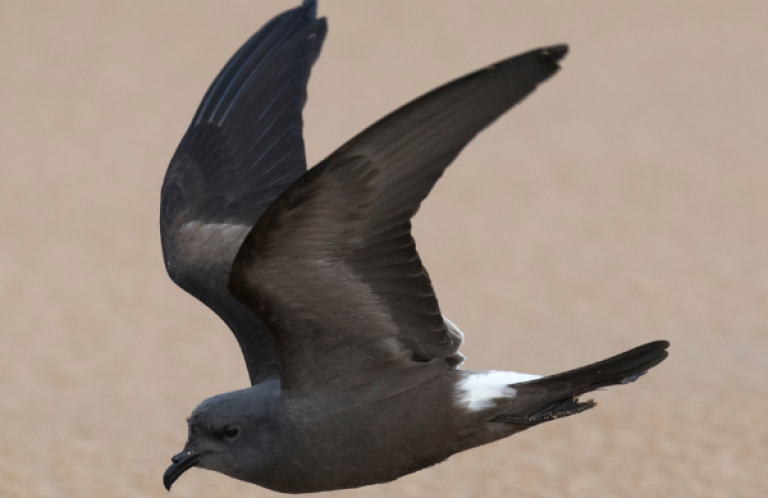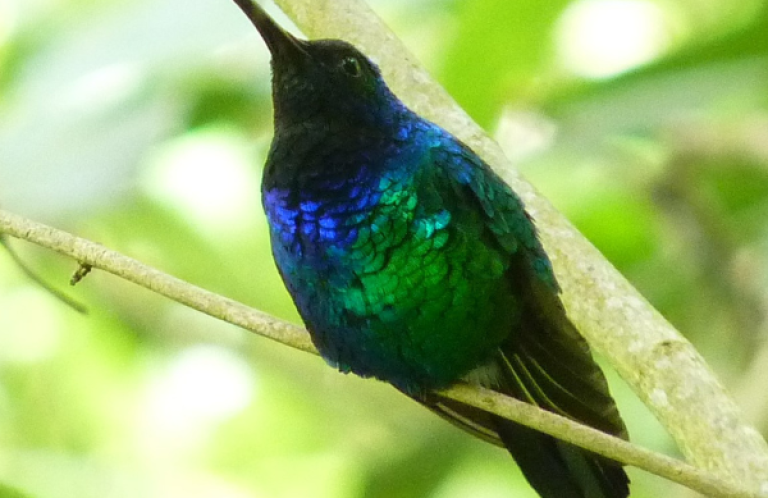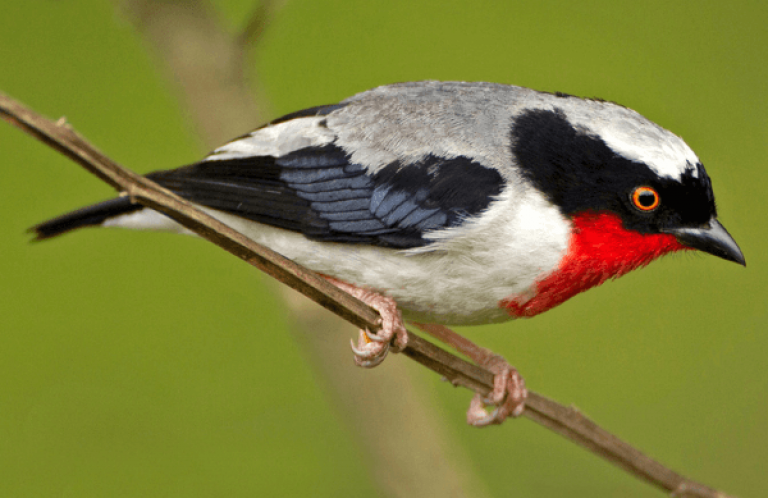New Window Tape Can Significantly Reduce Bird Collisions at Homes
MEDIA RELEASE
Contact: Robert Johns, 202-234-7181 ext.210,
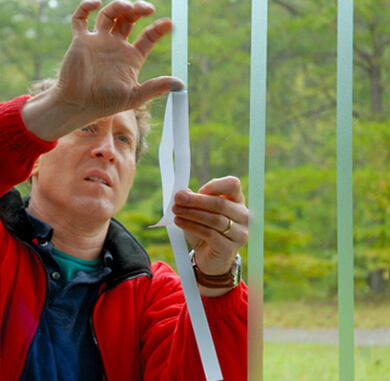 |
| ABC's BirdTape being applied. Photo: Steve Holmer |
(Washington, D.C.,
“ABC has tested a number of different materials and patterns for their ability to deter birds from colliding with glass. The results prompted ABC to produce and make available under its own name, a new consumer product to help concerned people prevent this significant source of bird mortality,” said ABC President George Fenwick.
“There are many products on the market, and most work to some degree, but this one is the best intersect of being easy to use, effective and inexpensive,” Fenwick added.
Birds can't see glass and don't understand the architectural cues, such as window frames, mullions, and handles, that alert people to the hazard. Experts estimate that up to one billion birds may die each year from resulting collisions. Unlike some sources of bird mortality that predominantly kill weaker individuals, there is no distinction among victims of glass. Because glass is equally dangerous for strong, healthy, breeding adults, it can have a particularly serious impact on populations. Studies have shown that even small windows can be dangerous to birds that are accustomed to flying through gaps between trees and shrubs.
“Chances are that wherever you live, birds have hit the glass on your house and you just don't know it. Injured birds may have flown away only to die elsewhere, or been eaten by a cat, raccoon, fox, or dog before you found
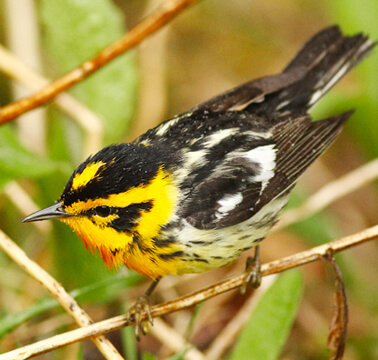 |
Blackburnian Warbler, one of the many birds affected by collisions with glass. Photo: Luke Seitz |
them. A home may kill a dozen or more birds each year without the owner realizing. Much of this mortality takes place during spring and fall when songbirds are migrating,” Fenwick said.
Bird Tape is available in 3-inch and three-quarter-inch width rolls. The 3-inch tape is applied in blocks in a variety of patterns, while the thinner tape is applied in parallel strips, normally vertically over the full height of the window. Because it is translucent, the tape lets birds see the glass, yet unlike silhouettes that people sometimes use as deterrents, allows light to pass through into the room. It is easily applied and easily removed and lasts up to four years. Each roll covers up
One or blocks of tape on a small window may help reduce collisions, but more tape is needed as window size increases because birds will simply attempt to fly around the visual barrier the tape represents. Research has shown that birds generally avoid flying through vertical spaces of 4" or less, and horizontal spaces 2" or less.
To learn more about ABC Bird Tape, go to: abcbirdtape.org. ABC has produced a video that demonstrates how to install the bird tape. Lastly, the BBC has produced a video that illustrates how birds are capable of flying through spaces that many might feel would be too small for them to fit through.
Production of ABC BirdTape is made possible through the generous support of the Rusinow Family Foundation.





































